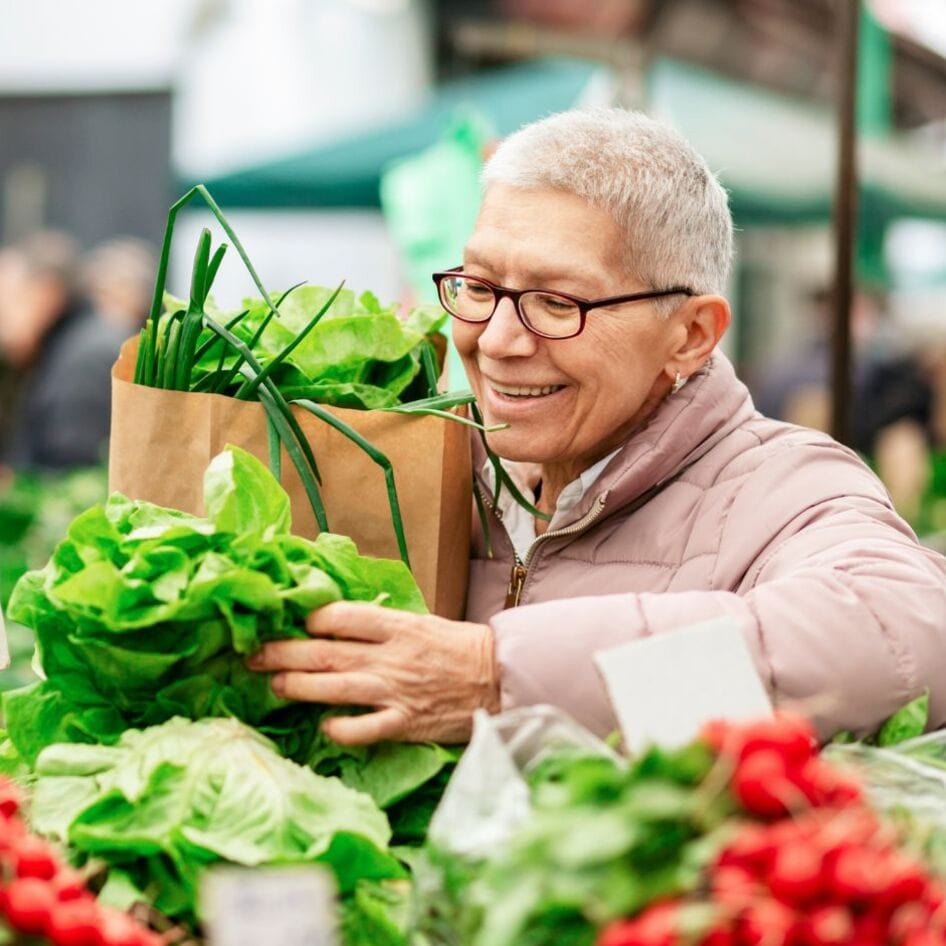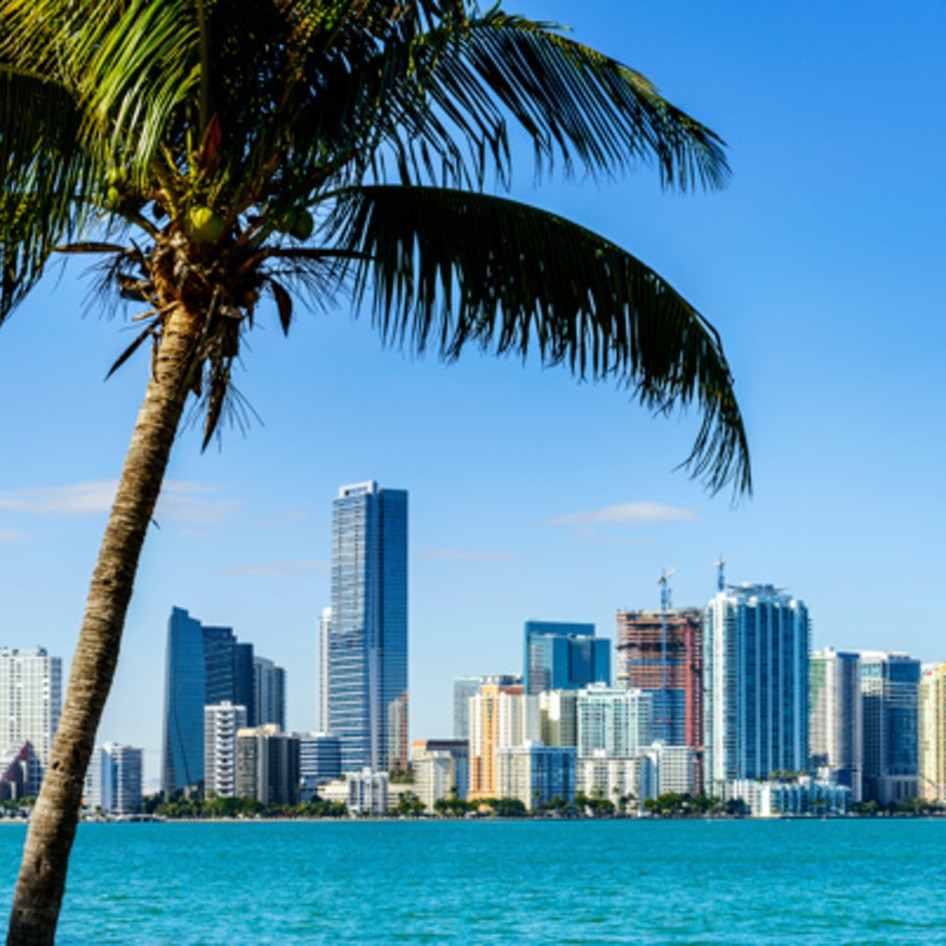According to a new report, Berkeley in Northern California is a great destination to live. The popular city is known for its university, thriving art scene, and rich culture, but it’s also a pretty healthy place, too. In fact, according to Niche.com, it is not just healthy, but it is the healthiest city in the whole US.
This is partly because it has pleasant weather (it has an average of 255 clear days a year, which is more than a month more than the US average of 218), a huge variety of spaces to go outside, get active, and enjoy that weather (it has more than 50 city parks), plus great healthcare access. Its Alta Bates Summit Medical Center is renowned for being one of the best hospitals for patient safety.
“Our healthiest places to live rankings consider various factors from multiple sources, with physical inactivity and obesity being the primary ones, both of which are sourced from the CDC. Berkeley, CA excelled in each and ranks in the top 20 nationally for outdoor activities. It also boasts excellent access to healthcare.” —Aaron Miller, Senior Manager of Fata Products and Solutions at Niche.com, to Travel + Leisure
But the city’s emphasis on health is far from new. Thanks to its abundance of parks, its old university that brings plenty of young people into the city, and its emphasis on healthy foods, Berkeley’s number one status, it seems, has been in the making for years.
Plenty of open space, a young population, and a history of healthy eating
Many Americans don’t have enough access to quality parks. In 2020, research found that 100 million people in the US did not have access to decent green spaces. But Berkeley has more than 50 public parks across the city.
Its oldest public park, San Pablo Park, was purchased more than a century ago, and that was followed by decades of significant park development across the city. This means that, on all of those many, many clear days they enjoy, Berkeley’s 120,000 residents have space to get outside and stretch their legs.
And this physical activity, in turn, reduces the risk of disease. Last year, one study confirmed that simply taking 4,000 steps a day was enough to reduce the risk of dying prematurely from any cause. And the more steps people take on top of that, the more health benefits there are.
“Walking can lower your blood pressure [and] strengthen your muscles to protect your bones,” personal trainer Honey Fine told the BBC. “It can increase energy levels as well as giving you endorphins and it can help you maintain a healthy weight alongside healthy eating.”
 Pexels
Pexels
But parks aren’t just good for physical health, they’re also good for mental health. In fact, research suggests that green spaces in urban environments can reduce the risk of anxiety and depression.
It’s also important to note that, according to Data USA, the median age of Berkeley is 32.1, which is younger than the national median age, which stands at 38.9. And this difference—which is likely to do with its large student population thanks to UC Berkeley, the city’s 156-year-old university—is also likely to have an impact on health.
After all, chronic diseases like heart disease and cancer are more common in older people.
But that said, Berkeley’s population has a greater chance of aging well. As well as all the outdoor spaces, the city also has a history of emphasizing the importance of healthy eating habits. It is, after all, where Alice Waters, a famous chef and proponent of slow, organic food, opened her first restaurant, Chez Panisse in 1971, and launched her first Edible Schoolyard Project in 1995, which, to this day, teaches children about organic gardening.
Now, Berkeley is home to several health-focused, organic restaurants, and its plant-based dining scene is thriving, too. In fact, in 2021, the city became the first in the US to commit to reducing the amount of animal products it purchases and move toward more plant-forward meals. In 2014, it was also among the first cities to tax unhealthy drinks sweetened with sugar, which led their consumption to drop dramatically—by more than 20 percent.
 Netflix
Netflix
Where you live can impact your health significantly
Just 400 miles from Berkeley is Loma Linda, another Californian city and one of the world’s five Blue Zones, areas where people seem to live longer, healthier lives than in the rest of the world. Sardinia, Italy; Okinawa, Japan; Nicoya, Costa Rica; and Ikaria, Greece are also considered to be Blue Zones.
In these places, people seem to adhere to a list of behaviors called the “Power 9.” They move naturally and regularly, for example, and they also have a lack of chronic stress as well as a sense of purpose and faith. They drink moderately, maintain a healthy social circle, and take care of their loved ones. Plus, they eat predominantly plant-based whole foods, and only until around 80 percent full.
“The essence of Blue Zones is people live a long time not because of the things we think. They’re not on diets, they’re not on exercise programs, they don’t take supplements,” Dan Buettner—the National Geographic explorer who first connected the dots on the Blue Zones and who also appears in the Netflix documentary on the subject—said recently.
“They don’t pursue health, which is a big disconnect in America. We think health is something that needs to be pursued.” —Dan Buettner, National Geographic explorer
Berkeley seems to enable some of the most important factors for health from the Blue Zones, like nurturing good eating habits and creating natural spaces for easy regular exercise. And it’s not alone.
Recently, Forbes Health and HappyCow pointed to three US cities that could one day achieve Blue Zone status, too, due to their availability of healthy plant-based foods, strong community ties, and promotion of natural physical activity. These were Los Angeles, CA; Portland, OR; and New York City.
These cities were also listed in Niche.com’s top 25 healthy cities in the US, but surprisingly, none of them made the top 10. Instead, alongside Berkeley, the Californian cities of Irvine, San Francisco, Torrance, Pasadena, and Santa Clara took half of the top spots, while Boulder, CO; Bellevue, WA; Seattle, WA; and Cambridge, MA took the rest.
For more plant-based stories like this, read:
JUMP TO ... Latest News | Recipes | Guides | Health | Subscribe









